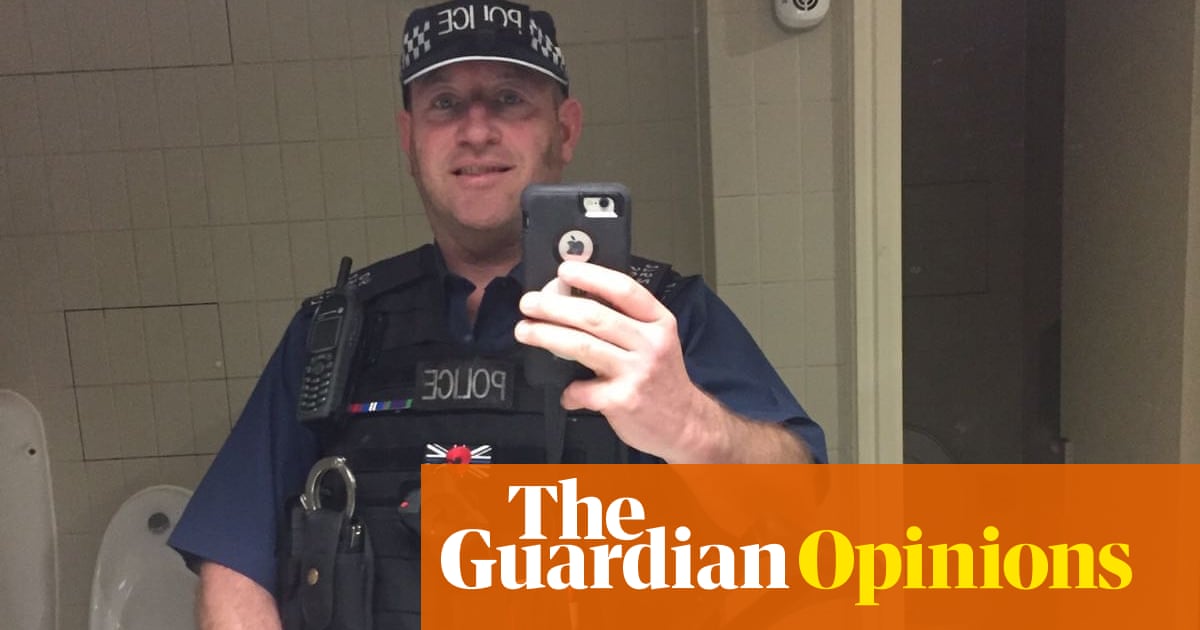
A senior MI5 officer has accepted that stopping and questioning the Manchester Arena terrorist, Salman Abedi, when he returned to the UK from Libya could have led police to the bomb.
The inquiry being held into the atrocity, which killed 22 concertgoers and injured hundreds of others, was hearing evidence from an intelligence officer given the pseudonym Witness J.
Visible only to lawyers and inquiry chair Sir John Saunders, Witness J said it was conceivable that different actions would have prevented Abedi carrying out the plot.
Abedi was born in Manchester to Libyan parents who fled the country after becoming opponents of Colonel Gaddafi.
Pete Weatherby QC, representing some of the bereaved families, said Abedi had left the UK with his family on a one way ticket to Libya on 15 April 2017.
He returned five weeks later carrying only hand luggage, four days before carrying out the suicide bombing at an Ariana Grande concert.
The inquiry heard Abedi bought a new phone and sim card and took “anti-surveillance” measures to stay “off grid” by getting a bus and taxi to where he had left the bomb components
Weatherby said a “port stop” or “port action”, where someone is questioned and searched, could have revealed Abedi’s plans by something he said or something being uncovered on his phone.
“It’s certainly possible you would have observed slightly unusual behaviour at the airport then followed it on and, as I say, he would have led you to the bomb.
“If he had been stopped by police, putting that together, there’s a chance it would have stopped him carrying out the plot?”
Witness J replied: “Conceivably, yes.” But he added: “To offer some context, for us, or the police in combination, to follow the trail would have required us to be running a very high priority investigation.
“It would require almost certainly surveillance, normally allocated high priority investigations.
“We had fragments of what we know now. We had a blurred picture at that time and we did not conclude we had intelligence related to attack planning.”
On Monday Witness J had agreed that not stopping Abedi, taking a port action, had been a missed opportunity. He said: “Yes, I think that would have been the better course of action based on the information we had at the time.”
The MI5 officer, giving evidence from inside a specially built wooden box, said post-attack reviews concluded a “successful pre-emption of the attack would have been unlikely.”
He added: “I support that judgment because I have seen the material. The planning was well under way by the time he went to Libya.”
Saunders said he would be “looking critically” at the issue during closed hearings, where families of the bereaved, their lawyers and the press will be excluded while matters of national security are examined.
The hearing has heard that Abedi was a closed subject of interest (SOI) for MI5 at the time of the bombing, meaning he was not under investigation. He was one of 20,000 such closed SOIs with the security services also having 3,000 active SOIs on its radar.
In 2017, the inquiry has heard, MI5 was running about 500 investigations into individuals or organisations associated with Islamic terrorism, a scale described as “unprecedented in terms of the number of current investigations and number of subjects of interest”.
The inquiry is looking at all the background to the attack, which was carried out by Abedi with the help of his younger brother, Hashem, who was jailed for life for his part in the plot.












